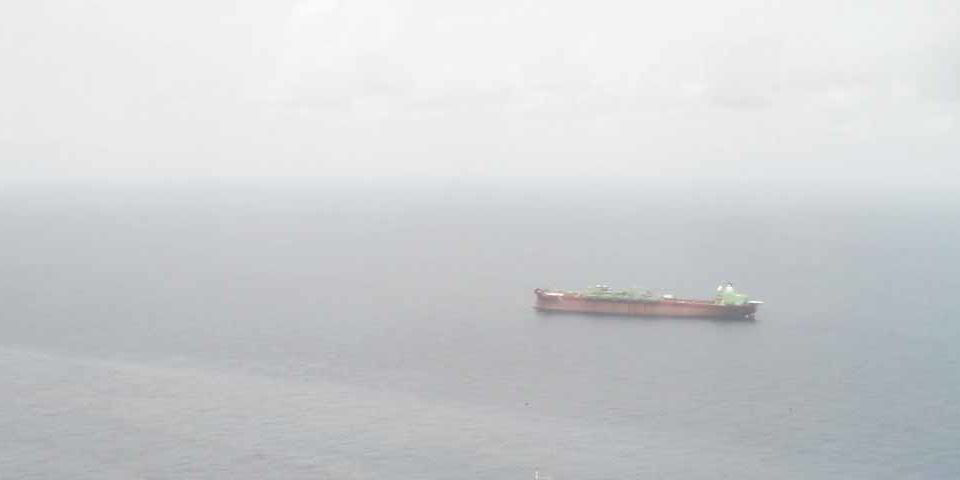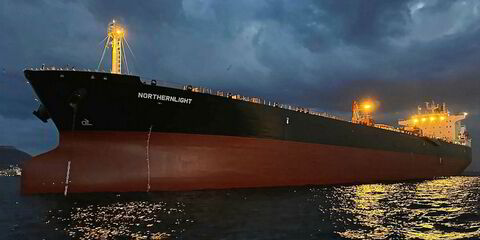The legal battle arises from an attack on the 40,200-dwt products carrier Valle di Cordoba (built 2005) by 15 armed pirates near Abidjan in late 2010.
The pirates transferred more than 5,000 tonnes of the tanker’s oil cargo of over 33,000 tonnes with the lightering vessel never identified.
Charterer, Trafigura, claimed that Montanari as owner of the vessel was liable for the loss under a charterparty clause.
This in transit loss clause states that:
“Owners will be responsible for the full amount of any in-transit loss if in-transit loss exceeds 0.5% and charterers shall have the right to claim an amount equal to the FOB port of loading values of such lost cargo plus freight and insurance due with respect thereto. In-transit loss is defined as the difference between net vessel volumes after loading at the loading port and before unloading at the discharge port."
London High Court judge, Justice Andrew Smith, ruled early last year that on the true construction of the charterparty the transfer of the cargo ordered by the pirates was not within the meaning of the clause.
But even if the loss was covered by the charterparty there was an exception under a further clause that applied the UK’s Carriage of Goods by Sea Act which applies the Hague Visby Rules making neither the carrier or ship responsible for perils dangers and accidents of the sea, acts of public enemies or any other cause arising without the actual fault or privity of the carrier.
Appeal judges, Lord justices Longmore, Ryder and Briggs, upheld the High Court ruling that the in transit loss clause covered claims incidental to the carriage of cargo but not piracy.
But even if the clause covered piracy loss from such an eventuality would be excluded by the Hague Visby Rules.
Click on the documents in the related media column to read the appeal and original judgments in full.



